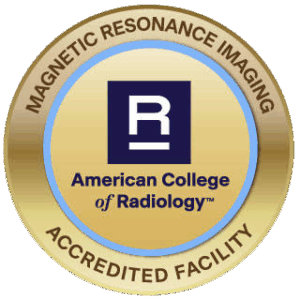Getting an MRI Exam at Delaney Radiology
(Magnetic Resonance Imaging)
What is MRI?
MRI is an exam that combines the power of electromagnetic energy, radio waves, and computerized image processing to create clear pictures of organs and tissues inside the body. In some cases, MRI gives physicians the ability to see body structures that are not visible in other types of imaging exams. Doctors order MRI exams in a wide range of diagnostic situations, including:
- Looking for signs of cancer
- Detecting signs of disease in the heart and circulatory system
- Confirming or identifying the cause of a stroke
- Diagnosing injuries or disorders of the muscles, bones, and joints
- A procedure called an Arthrogram may also be used. Arthrography—X-ray guided injection of anesthetic and contrast agent into the joint of interest. The purpose is to better image the internal anatomy of the joint for more accurate diagnosis and surgical planning.
Delaney Radiology offers 1.5T and 3T MRI Technology
MRIs are advanced imaging procedures to help diagnose a wide range of abnormalities. Delaney offers multiple units with different features to accommodate a wide range of patients and medical exams. When determining which MRI unit our patients should be scanned on, Delaney takes an individualized approach and tailors your exam based on your specific needs. Our team reviews each referral and researches the patient’s medical history to ensure the highest standard of care for every person, every test, every time.
Schedule
AN APPOINTMENT


